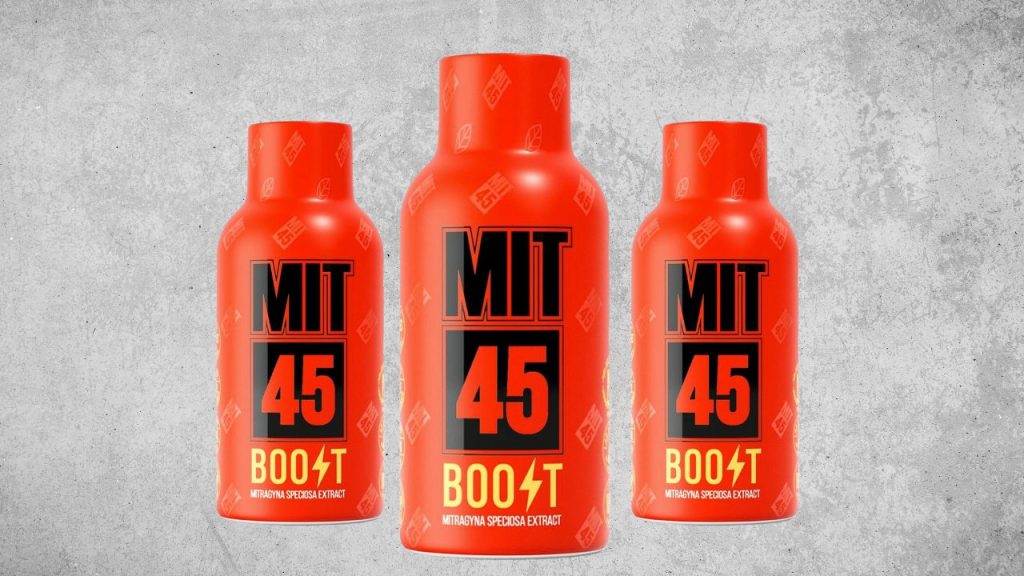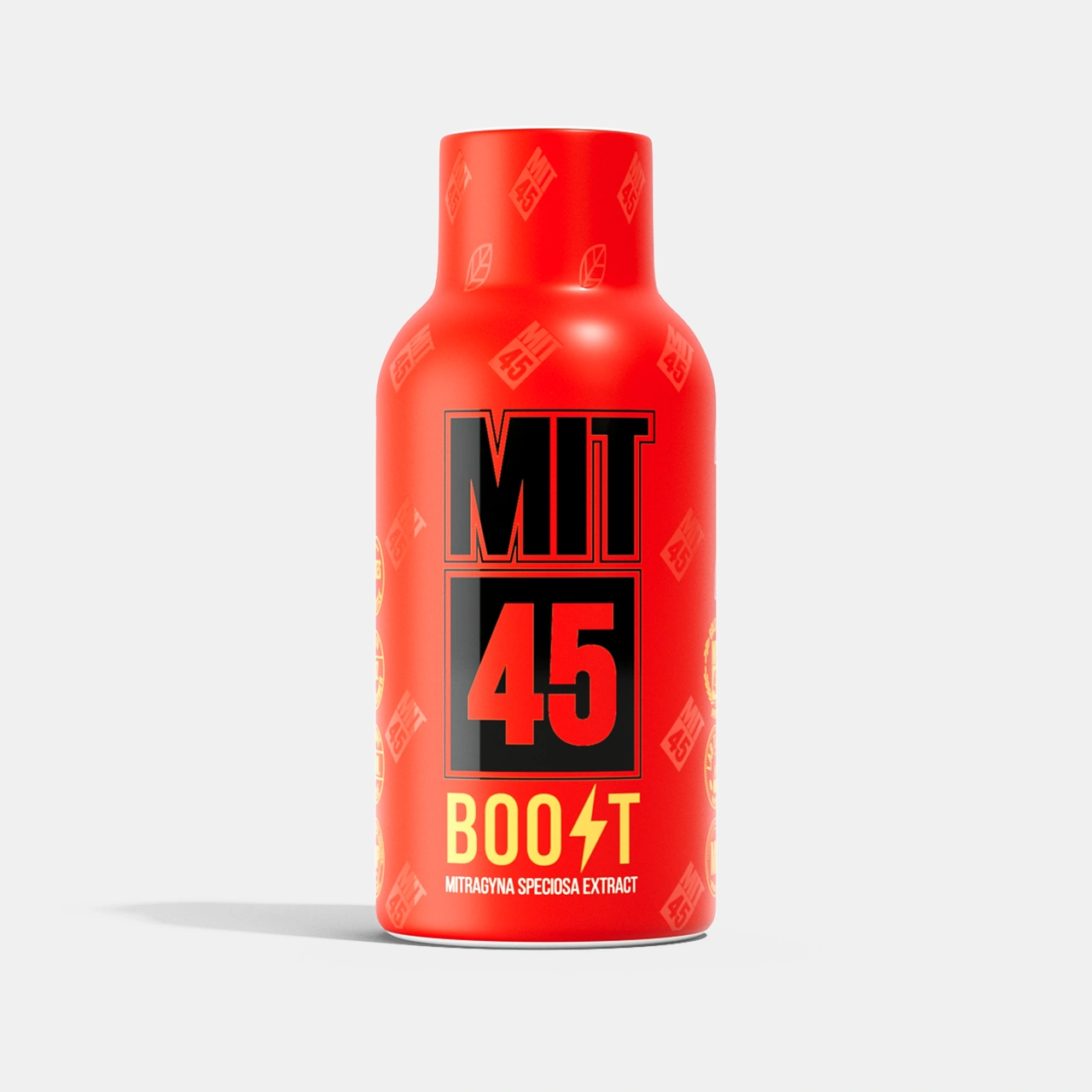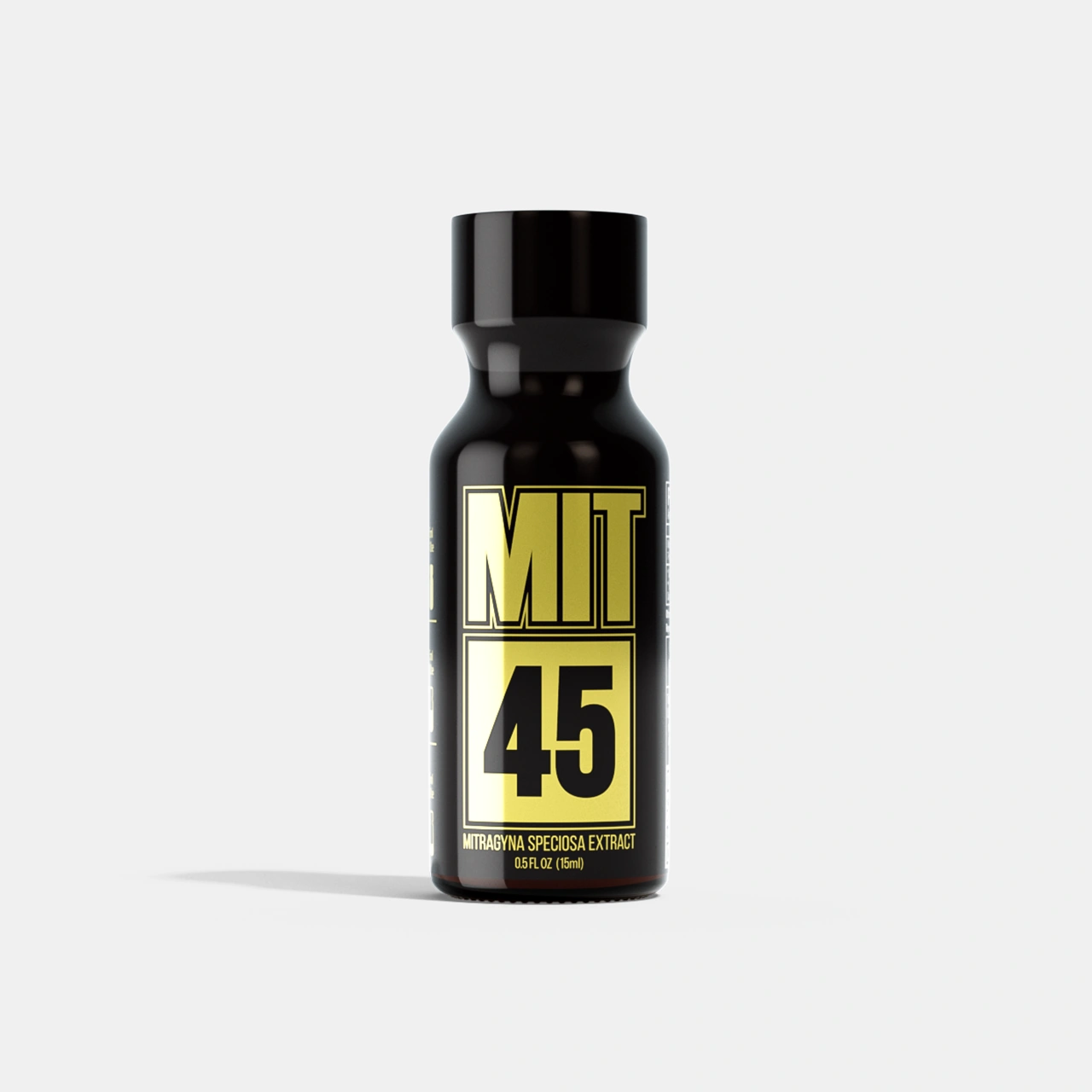Are you feeling worn out, beat up, and generally tired? If so, you’re not alone. In today’s chaotic world, many people feel under the weather. Some adults are seeking an easy yet safe way to increase energy levels. Whether it’s a challenging job, maintaining a work/life balance, or something else, far too many people are searching for where their “get up and go” went.
If you’re interested in learning more about how to boost your energy, we’re here to help. While many are quick to glug an energy drink or gulp more coffee in a quest for increased energy, these are quick fixes. There are healthier ways to increase your energy.
Tips for Boosting Energy Levels
Gaining control over your energy levels isn’t as difficult as you think. Often, it’s as easy as making a few healthy lifestyle changes and dropping some bad habits. However, for those who feel sluggish and unmotivated, making healthy lifestyle changes could be the biggest challenge. Taking that first step towards increasing energy levels is half the battle.
Nutrition and Diet
As the saying goes, you are what you eat. If you’re feeling sluggish or don’t have your usual energy level, take a good, hard look at what you’re eating. Overeating or not eating healthy foods with the nutrients your body needs to generate energy are often the culprits. Eating several small meals a day can help to combat that post-meal slump. Here are some suggestions for boosting your energy levels by looking at what you eat:
- Avoid processed foods
- Stay away from energy drinks and coffee as a way to increase your energy
- Eat plenty of fruits and vegetables
- Lean proteins (chicken and fish) are better than meats high in saturated fats
- Stay hydrated
- Seeds and nuts can provide a more prolonged energy boost than candy or other sugary treats
Regular Exercise
While it may seem counterproductive, burning some energy with regular exercise is a great way to boost your energy. The National Library of Medicine reports that a benefit of those who exercise regularly is an increase in energy levels. A regular exercise routine can provide the following benefits:
- Improved circulation – Exercise increases blood flow, bringing the body oxygen and nutrients. This can help increase energy levels.
- Release of endorphins – Vigorous physical exercise causes the body to release endorphins, which can help reduce fatigue and improve moods.
- Regulation of hormones – Regular physical activity helps regulate hormonal balances, increasing energy and reducing stress.
This isn’t to say that you’ll need to become a gym rat or obsessed with exercise. If you’re living a sedentary lifestyle, consider doing yoga, stretching exercises, or even a brisk walk a few times a week.

Sleep
The body could have trouble producing energy without adequate rest, relaxation, and sleep. Researchers at Harvard Medical School report a direct correlation between sleep and energy levels. Sleep plays a vital role in boosting energy levels and overall well-being. Many people have issues maintaining a healthy sleep schedule in today’s stressful world, which can account for feeling tired and unmotivated. Sleep helps the body to:
- Restore and repair—When we sleep, the body actively repairs tissues, builds muscle, and fixes what needs to be fixed. This helps to increase the body’s energy reserves, which will be used during waking hours.
- Conserve energy – While we sleep, our body’s energy consumption is significantly reduced, and our metabolic rate decreases. This gives the body time to recharge and conserve energy.
- Regulate mood – Mood has a lot to do with energy levels. Without the proper amount of sleep, we can become irritable, which ultimately leads to feelings of fatigue, a general loss of motivation, and a decrease in energy levels.
A regular sleep schedule can help regulate your body’s internal clock. Going to bed at the same time, even on weekends, will help promote a better sleep quality.
Stress Management
We all have a certain amount of stress in our daily lives. However, improper stress management can lead to many different physical and emotional issues, all of which can decrease energy levels. Managing stress in a healthy way is crucial to boost your energy levels. Keeping stress at a manageable level will help the body to:
- Reduce cortisol levels – The body’s primary stress hormone, cortisol, can lead to feelings of fatigue. Reducing stress will lower cortisol levels, thus increasing energy levels.
- Enhance sleep quality – Finding ways to manage and reduce stress will improve the quality and duration of sleep.
- Improve mental clarity and focus – Lowering the stress in your life will improve your focus and motivation. Ultimately, this will boost your energy levels.
Excellent stress management techniques can include meditation, active listening, and mindfulness. For those with more severe levels of stress, consulting with mental health professionals may be required.
Botanicals and Natural Ways to Boost Energy
For centuries, enlightened minds have used plants and herbs to help combat an unnatural loss of energy. Our planet humbly provides scores of natural remedies to help boost energy levels, and many are easily purchased. Here are a few of the most popular:
- Chia seeds – Rich in omega-3 fatty acids, protein, and antioxidants, chia seeds provide a steady source of energy. Try adding chia seeds to your yogurt, oatmeal, or morning smoothie.
- Ginseng – This popular herbal remedy used in traditional Chinese medicine can help to reduce fatigue and boost energy levels.
- Ashwagandha – Traditionally used in Ayurvedic medicine, ashwagandha is believed to reduce stress and enhance energy.

Kratom and Energy Levels
Kratom, a naturally occurring tree native to Southeast Asia, may be new to most, but it’s gaining popularity rapidly around the world as a natural energy-boosting product. It’s been used for a long time in traditional ceremonies in places like Indonesia and Malaysia, and now those in the West have found its properties beneficial. Many kratom users like to call it “octane for the soul.”
When taken in small serving sizes, kratom has been known to provide the oomph that many find beneficial not only in the gym but also in the office. Consider trying MIT45 BOOST as an alternative to energy drinks or beverages that contain caffeine.
Tips to Boost Your Energy: Final Thoughts
If you “pick up and go” and “got up and left,” you’ll be pleasantly surprised to know there are a few easy ways to boost your energy. From getting proper rest, adding some exercise to your lifestyle, and making some dietary changes, there are many things you can do to increase your energy levels. Many are turning to kratom, a natural way to regain that missing oomph in your life.
Citations:
- Cinosi, Eduardo, et al. “Following the Roots of Kratom.” NIH.gov. 10 November 2015
- Harrell, C.S., et al. “Energetic stress: The reciprocal relationship between energy availability and the stress response.” ScienceDirect. 01 November 2016
- Eastlack, Steven C. et al. “Kratom—Pharmacology, Clinical Implications, and Outlook: A Comprehensive Review.” NIH.gov. 28 Jan 2020
- Harvard Health Publishing. “How sleep boosts your energy.” Health.hardvard.edu. 21 July 2020
- Krans, Brian. “Foods That Beat Fatigue.” Healthline.com. 01 February 2023
- Reddy, Sujana. “Physiology, Circadian Rhythm.” NIH.gov. 01 May 2023
- Singh, Narendra. “An Overview on Ashwagandha: A Rasayana (Rejuvenator) of Ayurveda.” NIH.gov. 03 July 2011
- Westerterp, Klaas R. “Exercise, energy balance and body composition.” National Library of Medicine. 05 September 18





